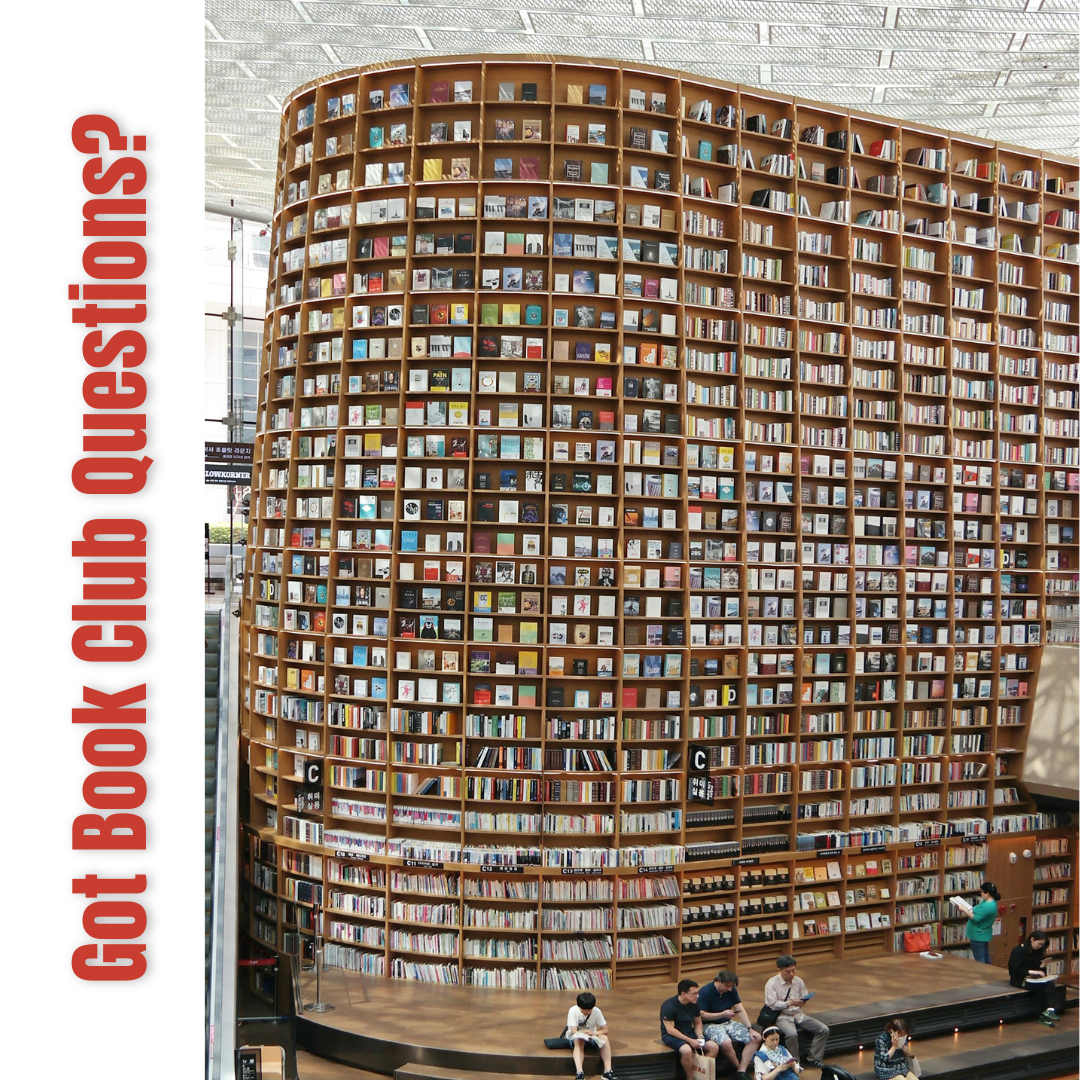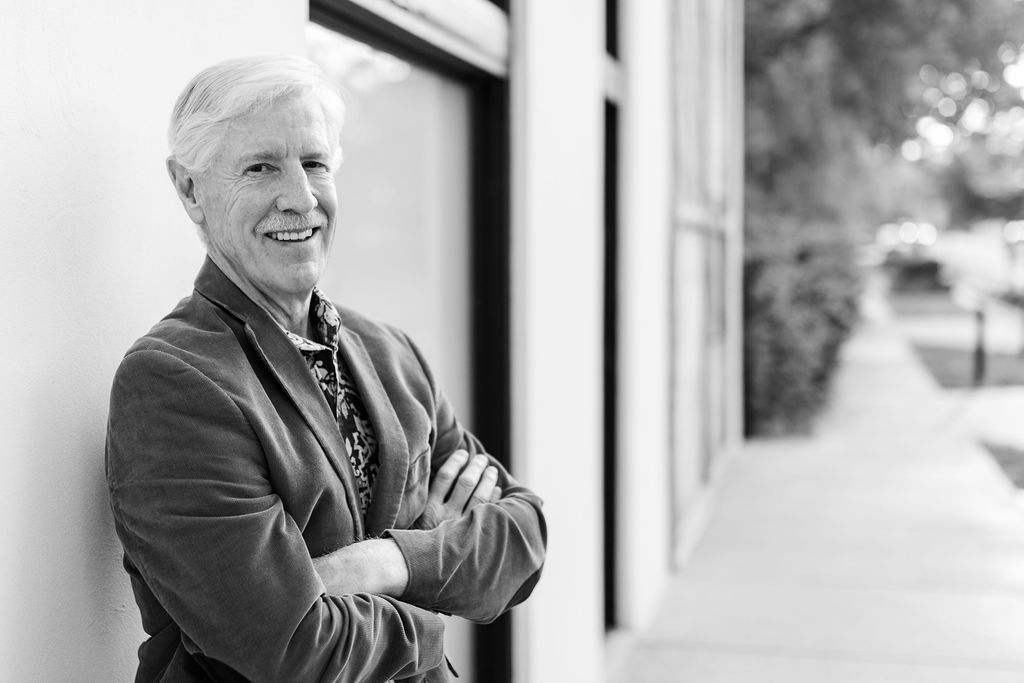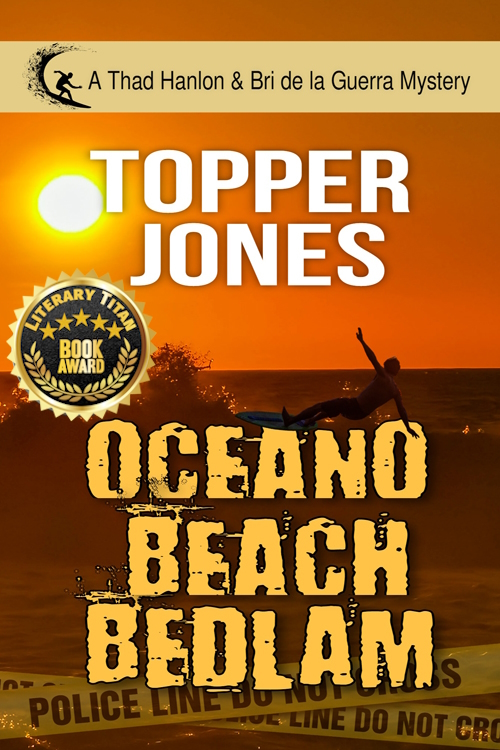Reading Group Guide

All that Glisters
BookClub Questions
1. During a fight at the beginning of the story that takes place at the Dodge Whitney Annual Gala, Thad’s wife asks him to intervene. “This risk’s worth taking,” Marissa says.
What are some of the risks Thad takes during the course of the amateur sleuth investigation he and Bri conduct? Were these risks worth taking?
2. Early in the book we learn Thad’s wife is pregnant. “I pulled Marissa closer, cradling my free arm around her baby bump.”
What are the story implications of the primary sleuth having a wife with a “bun in the oven”? Is it just a device for examining the couple’s relationship? A tool for character revelation? Or a plot trick to add tension?
3. Thad describes his sleuthing partner Bri as follows: “She is privileged, after all. Takes whatever she wants. A purebred Californio with heritage on her side.”
Do you know someone who doesn’t know the meaning of No? And if so, how does that color your relationship with them? What are the upsides of working with someone used to getting their way? The downsides?
4. When Thad hits a wall trying to decide what to do, he resorts to surfing to clear his mind and focus on solutions. In one scene early in the book, he tells his wife: “Marissa, I really need this right now. I need to be on the water. I need clarity.”
When you need to make tough decisions in life, what’s your clarity ritual?
5. Topper Jones claims he wrote All that Glisters from a camera viewfinder perspective as if shooting a scene in a movie. How would you adapt his murder mystery to film? Who would you have play Thaddeus Hanlon? Who would play Bri de la Guerra? Or Kennedy Beck?
6. In the Kirkus Review of All that Glisters, the editorial reviewer characterizes the novel as “A tension-fueled mystery with plenty of twists and two appealing sleuths... and a plethora of bad guys.”
Who are the antagonists in this book? What motivates them? Who was your favorite bad guy? Why? By the end of the book, do you feel “justice was served”?
For the complete Kirkus Review, visit: https://www.kirkusreviews.com/book-reviews/topper-jones/all-that-glisters-1/
7. Were you surprised to find out who ended up being the killer? If so, who did you have pegged for the murderer? What threw you off track? If you did guess right, what clues gave it away?
8. Shortly after Rafi is found dead, the narrator comments on Bri’s reaction to her fiancée’s passing and her “alternative storyline, her romantic tragedy” in contradiction to the facts in evidence. Thad comments, “It made me wonder about the fluidity of narrative. Of perspectives that never overlap. Of stories that never coalesce into truth.”
Is narrative truly fluid? Are people entitled to their own set of alternative facts? And if so, how do we navigate such a world where truth is relative and truth with capital T is not considered knowable?
9. During the processional music at Rafi’s funeral, the boy’s choir sings “The Prayer of Saint Francis.” The author includes a snippet of the lyrics: “Lord, make me an instrument of your peace. Where there is hatred, let me bring love. Where there is error, let me bring truth.”
As a literary device, how does this music foreshadow coming events in the story? What other writing techniques does the author use to enhance the literary quality of his tale of mystery? As you read All that Glisters, did you spot any literary Easter eggs? Check out the author’s blog on the use of Easter eggs to surprise the reader: https://topperjones.com/blog/literary-easter-eggs
10. At one point in the book, when Thad is struggling emotionally, his wife Marissa recites a Japanese-style proverb to lift his spirits: “Wipe out seven times, paddle out eight.”
Fear of failure can be immobilizing. Are there times when you are so afraid of wiping out, that you are reluctant to go back in the water? How do you overcome those fears? Is there a special someone who provides the necessary encouragement?
11. Near the end of All that Glisters, the narrator opines: “Life is a consequential act. You can bob forever on the surface of the ocean, scanning the horizon for swells, and take whatever waves come your way. Or you can choose to make your own waves.”
Do you have a tendency to go with the flow, riding whatever Fate sends your way? Or do you shape your destiny by making waves? Are these options mutually exclusive? Or is there a time and place for wave-making?
12. After reading All that Glisters, does it appear the author has laid the groundwork for a series? [Hint: Read between the lines in Chapter 46.] If so, who do you anticipate will star in the next book? From what you read in Book One, what characters would you like to see reappear in the series? Why? Should any of those characters have a bigger role in Books Two or Three?

